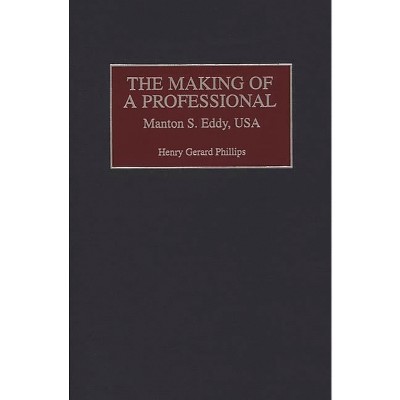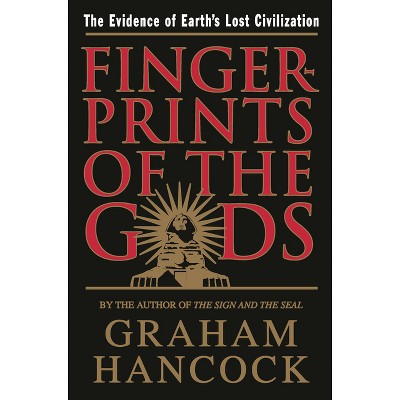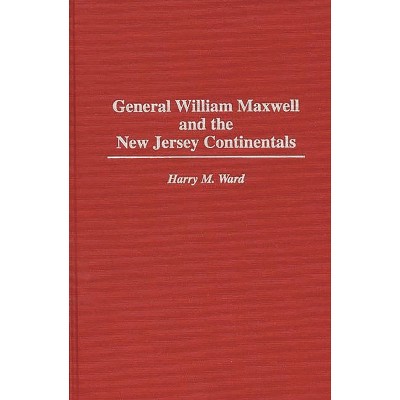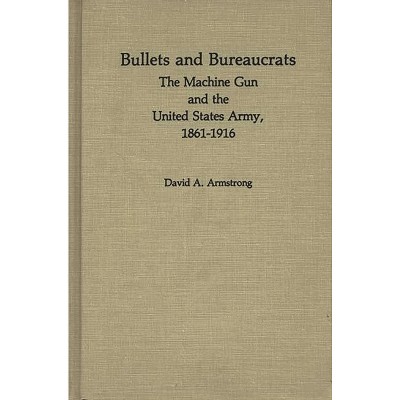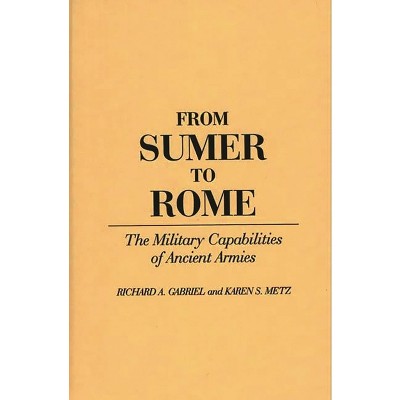Sponsored

Soldier and Warrior - (Contributions in Military Studies) by H L Wesseling (Hardcover)
In Stock
Sponsored
About this item
Highlights
- In France the decade preceding the outbreak of the First World War was characterized by a revival of nationalism and militarism.
- About the Author: H. L. WESSELING is Professor of General History at the University of Leiden and Rector of the Netherlands Institute for Advanced Study at Wassenaar.
- 264 Pages
- History, Europe
- Series Name: Contributions in Military Studies
Description
About the Book
In France the decade preceding the outbreak of the First World War was characterized by a revival of nationalism and militarism. Wesseling analyzes the ideas current in France in this period about the use, value, and beauty of war, the army, and army life. In examining the French army of the period, Wesseling found that at the same time that new forms were sought, old values were being emphasized. Attempts at reforms were most frequent in those areas where antimilitarist writers had concentrated their criticism. Next to this there also was a new glorification of traditional military virtues: disinterestedness, submission, and discipline.
In conceptualizing war, as Wesseling shows, a distinction can be made between speculations on war as a concrete phenomenon and as an abstract notion. During the period, war was looked upon as a factor of renewal and regeneration. The years from 1905 to 1914 were of great importance for the history of the military problem in France. A new appreciation of the ideals that were preached in the army came into being. Though this did not lead to militarism in the sense that the military determined politics, as Wesseling illustrates, it did lead to a militarist attitude.
Book Synopsis
In France the decade preceding the outbreak of the First World War was characterized by a revival of nationalism and militarism. Wesseling analyzes the ideas current in France in this period about the use, value, and beauty of war, the army, and army life. In examining the French army of the period, Wesseling found that at the same time that new forms were sought, old values were being emphasized. Attempts at reforms were most frequent in those areas where antimilitarist writers had concentrated their criticism. Next to this there also was a new glorification of traditional military virtues: disinterestedness, submission, and discipline.
In conceptualizing war, as Wesseling shows, a distinction can be made between speculations on war as a concrete phenomenon and as an abstract notion. During the period, war was looked upon as a factor of renewal and regeneration. The years from 1905 to 1914 were of great importance for the history of the military problem in France. A new appreciation of the ideals that were preached in the army came into being. Though this did not lead to militarism in the sense that the military determined politics, as Wesseling illustrates, it did lead to a militarist attitude.Review Quotes
?Wesseling's book will remain an important one for academic and military readers. No other book captures and explains so clearly the link between political, religious, and intellectual ideas and the French military of 1914.?-The Journal of Military History
"Wesseling's book will remain an important one for academic and military readers. No other book captures and explains so clearly the link between political, religious, and intellectual ideas and the French military of 1914."-The Journal of Military History
About the Author
H. L. WESSELING is Professor of General History at the University of Leiden and Rector of the Netherlands Institute for Advanced Study at Wassenaar. Dr. Wesseling is the author of Divide and Rule: The Partition of Africa, 1880-1914 (Praeger, 1996), which has been translated into six languages, as well as Imperialism and Colonialism (Greenwood Press, 1997).Shipping details
Return details
Frequently bought together
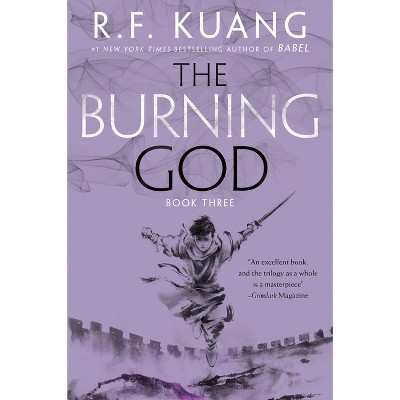
Trending Non-Fiction



